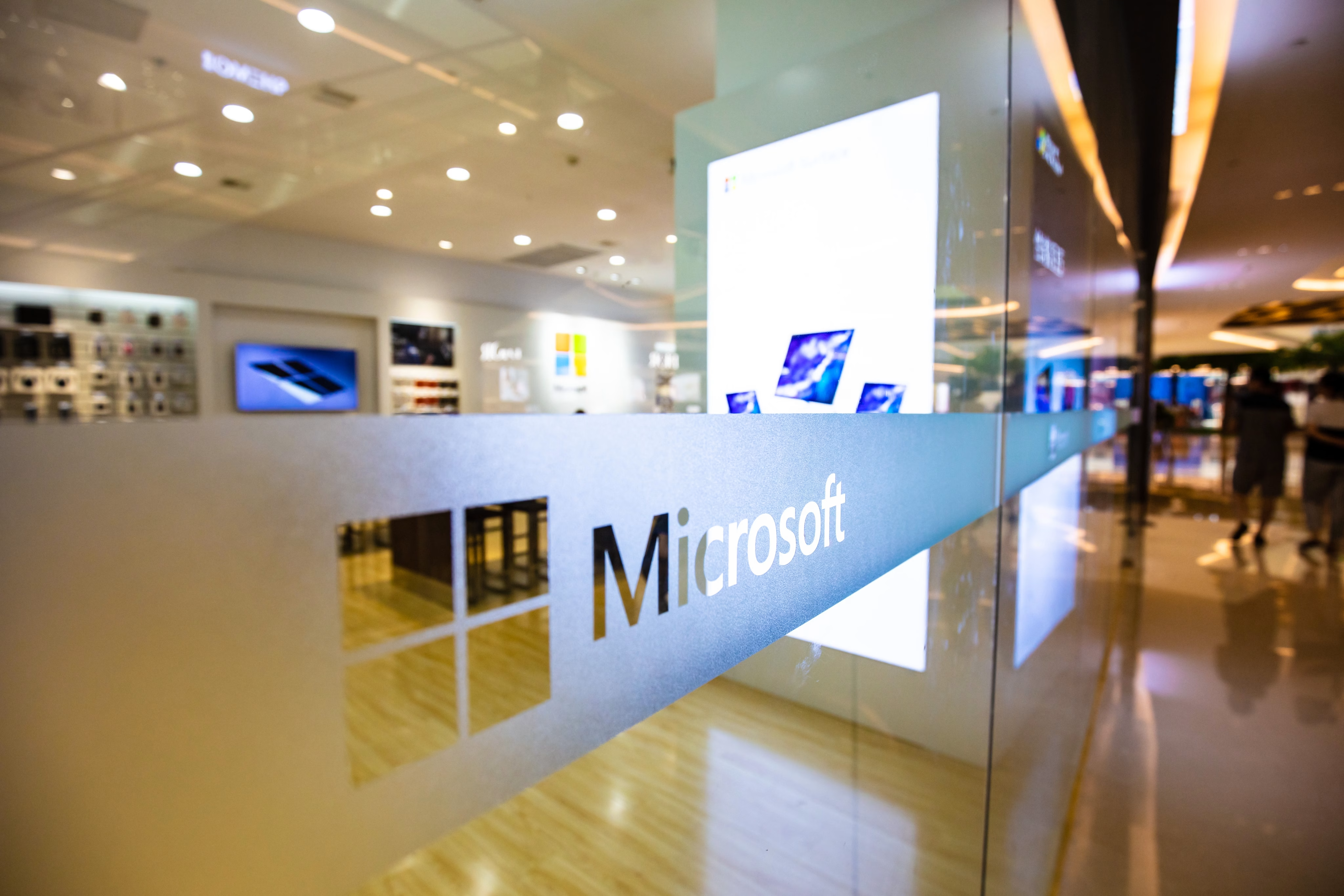Microsoft's Strategic Shift: Thousands of Sales Jobs on the Chopping Block
The tech world, as we know, is in a constant state of flux. It's a dynamic beast, always evolving, always adapting. And sometimes, that adaptation comes with difficult news. Recently, reports have surfaced, painting a clear picture of Microsoft's next big move: significant job cuts, with a particular emphasis on its sales teams. This isn't just another round of layoffs; it feels like a strategic realignment, driven by the relentless march of artificial intelligence.
The Latest Buzz: What We Know
As of June 18, 2025, the news wires have been buzzing with reports confirming Microsoft's plans. Bloomberg, a highly reputable source, broke the story, stating unequivocally that Microsoft Corp. is "planning to ax thousands of jobs, particularly in sales." This isn't some whispered rumor; it's a widely corroborated fact. Reuters and Yahoo Finance quickly echoed Bloomberg's findings, all pointing to the same core reason: a strategic effort to streamline the workforce amidst Microsoft's massive investments in AI.
It’s interesting, isn't it, how quickly these things spread once a major outlet like Bloomberg drops the bomb? It speaks to the interconnectedness of financial news. The timestamps are telling too – within hours, the story was everywhere. This isn't just about cutting costs; it's about reallocating resources, and that's a key distinction.
Why Sales? A Deeper Dive into the Strategic Pivot
Now, the natural question many of us are asking is, "Why sales?" Microsoft has undergone layoffs before. We saw roughly 6,000 jobs cut in May 2025, about 3% of their workforce, and even before that, late in 2023, there were other reductions. But this specific focus on sales teams feels different. It suggests a fundamental shift in how Microsoft intends to engage with its customers and drive revenue.
Impact and Broader Implications
The immediate impact, of course, is on the thousands of individuals who will be affected. It's a tough pill to swallow, no doubt. For those in sales, especially in large tech companies, there's always been a certain level of job security, or at least the perception of it. This news, however, sends a ripple through the entire industry. It makes you wonder, doesn't it, how many other companies are looking at their sales operations through an AI lens?
Beyond the personal toll, there are broader implications for Microsoft's sales strategy. Will customer relationships suffer? Or will the increased efficiency from AI tools actually lead to a better, more personalized customer experience in the long run? It's a gamble, but one that Microsoft, with its deep pockets and strategic vision, seems willing to take. On social media, particularly X (formerly Twitter), I've seen a lot of concern. People are worried about the cumulative effect of tech layoffs on consumer spending and the economy at large. It's a valid concern.
While specific regional data isn't available, it stands to reason that areas with a high concentration of Microsoft sales offices will feel the pinch more acutely. Think about cities that are tech hubs; they've often relied on these large corporate presences for local economic stability.
The AI Imperative: A Double-Edged Sword
Microsoft's heavy investment in AI is no secret. From Azure AI services to Copilot integration across its product suite, they're all in. These layoffs underscore the company's commitment to this future, even if it means painful transitions for some employees. The promise of AI is increased productivity, efficiency, and innovation. But the flip side, the one we're seeing play out here, is job displacement.
It’s a classic technological disruption scenario. Just as factory workers were impacted by automation in the last century, knowledge workers, including those in sales, are now feeling the effects of AI. For me, the interesting part is how quickly this is accelerating. It's not a distant future; it's happening now. Companies are making hard choices, prioritizing long-term strategic advantage over maintaining current staffing levels in roles that might be increasingly augmented or replaced by AI.
Looking Ahead
What does this mean for Microsoft, and for the tech industry as a whole? For Microsoft, it's a clear signal that they are doubling down on an AI-first approach, even if it means re-evaluating core business functions like sales. They're betting that the efficiencies and new capabilities unlocked by AI will more than compensate for the reduction in human capital in certain areas.
